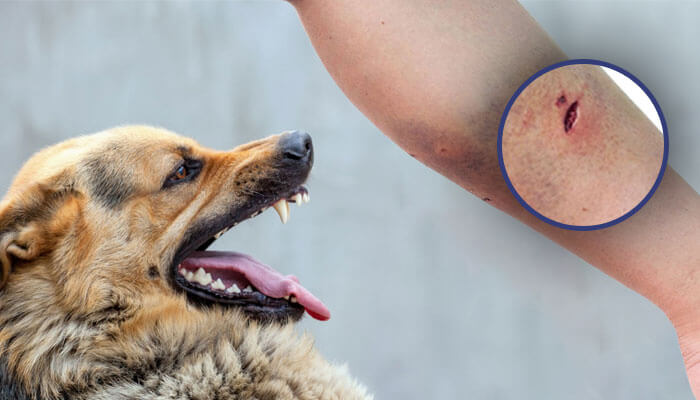Rabies kills 5,700 Indians every year: Government aims for zero deaths by 2030
Fri 04 Jul 2025, 01:09:05

India has recorded a 75% reduction in rabies-related deaths, according to Dr. Manoj Murhekar, Director of the ICMR-National Institute of Epidemiology (ICMR-NIE).
The central government has set a goal of eliminating rabies deaths entirely by 2030, as part of its broader public health strategy.
“We need to ensure that dogs are vaccinated. Only human vaccines will not suffice. We have data about how many animal bites are there, but we also need data about how many rabies deaths are there in dogs," said Dr. Murhekar, quoted an ICMR study published in The Lancet last year.
Despite the progress, approximately 5,700 people still die from rabies in India every year, making it one of the leading countries in the world for rabies fatalities.
The study also revealed that around 9 million animal bite cases are reported annually in the country, with two-thirds of them involving dog bites, the primary cause of rabies transmission.
To bridge existing gaps in prevention and care, Dr. Murhekar stressed the need to improve the availability of life-saving treatments across the country.
“Rabies vaccine is currently available in 80% of health facilities. The goal is to take it to 100%. It is necessary to make monoclonal antibodies vaccine available, and it is especially important to give preformed antibody vaccines in Class 3 bite cases,”
he explained.
he explained.
Monoclonal antibody vaccines are a type of immunoglobulins that use lab-made proteins that act like natural antibodies to fight specific viruses.
Unlike regular vaccines that train your body to make antibodies, these give you ready-made protection. They're fast-acting and useful in emergencies or for people with weak immune systems who can't respond well to traditional vaccines.
The availability of such vaccines in peripheral health facilities was limited, while they were accessible in medical colleges, they now need to be made available everywhere.
The government is also focusing on a 'One Health' approach, which recognises the interconnectedness of human, animal, and environmental health.
“We need to improve surveillance in animals. The goal is to make the rabies vaccine available in all hospitals across the country,” Dr. Murhekar said.
This comes after 22-year-old state-level Kabaddi player from Uttar Pradesh, Brijesh Solanki, died weeks after being bitten by a puppy.
When Solanki, a resident of Farana village, was bitten by the puppy while rescuing it from a drain, he became negligent and did not get an anti-rabies infection.
Dr. Murhekar stated that the government's objective is to ensure the availability of rabies vaccines in every hospital nationwide.
No Comments For This Post, Be first to write a Comment.
Most viewed from Health
AIMIM News
Latest Urdu News
Most Viewed
May 26, 2020
Is it right to exclude Bangladesh from the T20 World Cup?
Latest Videos View All
Like Us
Home
About Us
Advertise With Us
All Polls
Epaper Archives
Privacy Policy
Contact Us
Download Etemaad App
© 2026 Etemaad Daily News, All Rights Reserved.

























.jpg)
.jpg)
.jpg)


